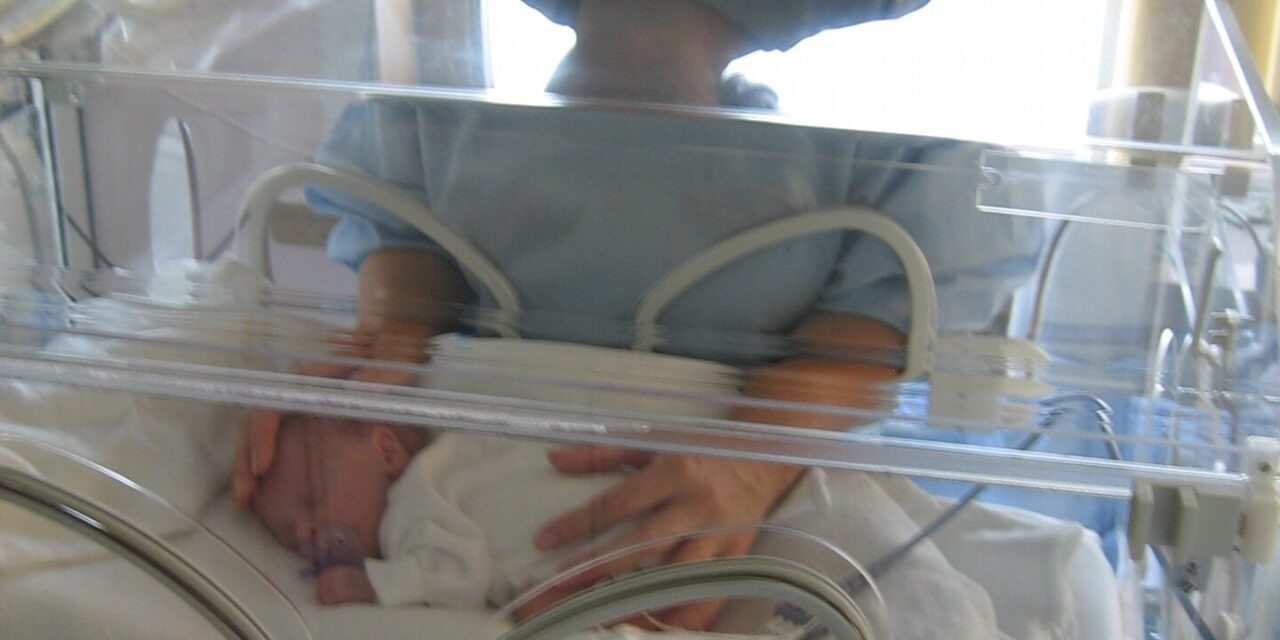Scientists from the University Medical Center Utrecht, Netherlands, have discovered that music therapy can significantly improve comfort and sleep patterns in preterm infants. Their findings, published in Pediatric Research, suggest that exposing preterm infants to daily music interventions in neonatal intensive care units (NICUs) could provide important neuroprotective benefits.
Background
Premature birth often puts infants at increased risk for neurodevelopmental disorders. One contributing factor is the lack of sensory experiences they would otherwise receive in the womb, such as the rhythmic sounds of the mother’s heartbeat and voice. Instead, preterm infants are exposed to the harsh sensory environment of NICUs, which can negatively impact brain development, particularly the auditory system.
The study highlights that early sensory experiences, like the low-frequency sounds of a mother’s body, are vital for healthy brain plasticity. Infants born prematurely miss out on these critical intrauterine stimulations and are instead exposed to high-frequency, extrauterine stimuli, which can disrupt their auditory system development.
To counter these effects, a growing body of research suggests that auditory interventions like music may support sensory processing and brain development. The current study investigated whether music therapy could enhance the comfort, sleep, and physiological stability of preterm infants in NICUs.
Study Design and Methods
The study involved 56 preterm infants, born between 29 and 34 weeks of gestation. These infants were divided into two groups: a music intervention group and a placebo group. The music intervention group received an 8-minute daily exposure to Brahms’ Lullaby for up to 15 days, while the placebo group experienced silence under the same conditions.
Researchers measured the infants’ comfort, sleep-wake transitions, and physiological parameters such as heart rate, respiratory rate, and blood oxygen saturation (SatO2). The goal was to assess the effectiveness of music therapy in improving the overall well-being of preterm infants.
Key Findings
The study revealed significant improvements in the comfort levels of infants exposed to music. Before the intervention, both groups had similar comfort scores. However, after the intervention, the music group showed a notable increase in comfort compared to the placebo group.
Music therapy also positively influenced the infants’ sleep-wake transitions. Infants in the music group more frequently transitioned from being awake to falling asleep, with the most common shift being from a quietly awake state to quiet sleep. These results suggest that music interventions can promote better sleep patterns in preterm infants.
Importantly, the study found no significant changes in heart rate, respiratory rate, or blood oxygen saturation between the two groups, indicating that music therapy improves comfort and sleep without causing stress or negatively affecting vital signs.
Study Significance
This research supports the idea that music therapy can play a neuroprotective role in neonatal care. While the exact mechanisms remain unclear, music appears to promote brain maturation in preterm infants. The positive impact on sleep patterns is particularly important, as sleep is critical for healthy brain development.
The scientists were careful to use instrumental music in this study to avoid any cultural sensitivities or vocalization effects that might confound the results. The music was kept at a safe volume level of under 55 dB, in line with neonatal sensory guidelines.
Limitations and Future Research
The study did have some limitations. For example, it did not account for feeding times or kangaroo care, which are known to affect sleep and physiological parameters. Additionally, the alertness scale used to assess the infants’ comfort was not specifically designed to classify sleep states, meaning the sleep-related findings should be interpreted cautiously.
The researchers emphasized the need for future studies to explore the long-term effects of music on brain development, comfort, and physiological signs in preterm infants. They also recommended using more accurate sleep-wake assessment tools, such as the Behavioral Sleep Stage Classification for Preterm Infants (BeSSPI).
As a follow-up, the scientists are currently investigating how the same music intervention affects the structural and functional brain development of preterm infants.
Conclusion
This study underscores the potential of music therapy as a non-invasive intervention to improve comfort and sleep in preterm infants. By enhancing sensory processing and promoting better sleep-wake transitions, music therapy may contribute to healthier neurodevelopmental outcomes for infants born prematurely.
Journal Reference: Merel van der Straaten. 2024. Impact of daily music on comfort scores in preterm infants: a randomized controlled trial. Pediatric Research. DOI











